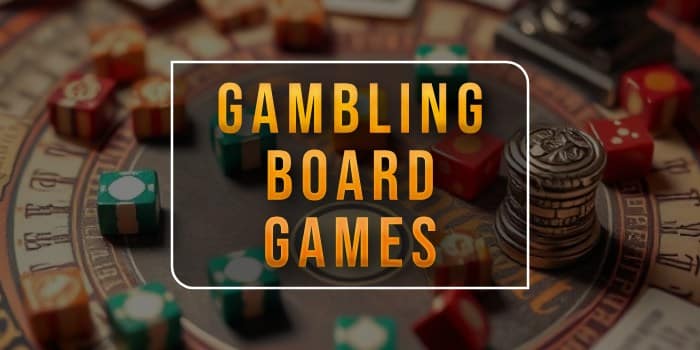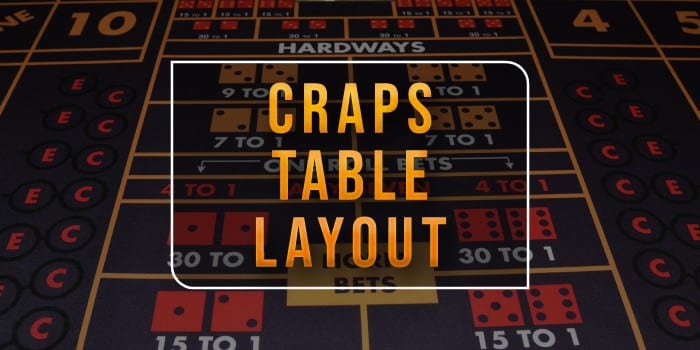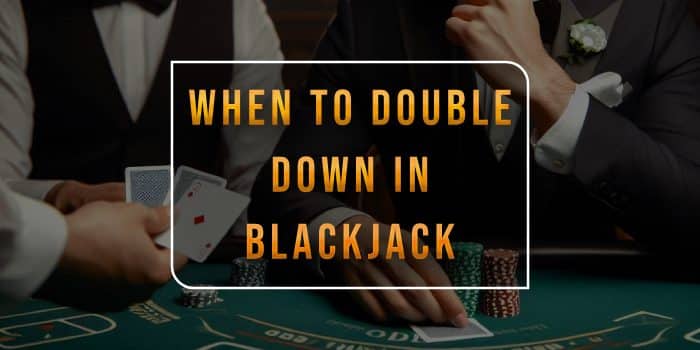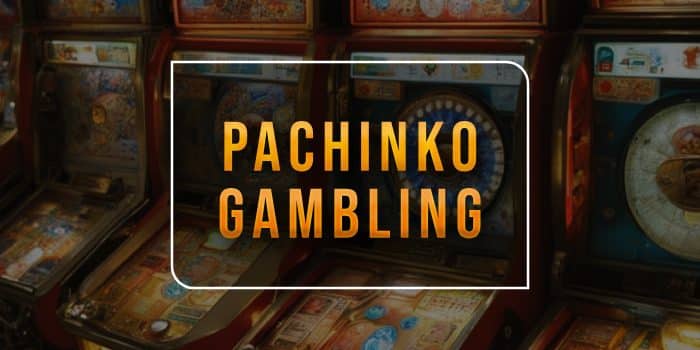- Casino
- By State
- Alabama
- Alaska
- Arizona
- Arkansas
- California
- Colorado
- Connecticut
- Delaware
- Georgia
- Florida
- Hawaii
- Idaho
- Illinois
- Indiana
- Iowa
- Kansas
- Kentucky
- Louisiana
- Maine
- Massachusetts
- Maryland
- Michigan
- Minnesota
- Mississippi
- Missouri
- Montana
- Nebraska
- Nevada
- New Hampshire
- New Jersey
- New Mexico
- New York
- North Carolina
- North Dakota
- Ohio
- Oklahoma
- Oregon
- Pennsylvania
- Rhode Island
- South Carolina
- South Dakota
- Tennessee
- Texas
- Utah
- Vermont
- Virginia
- Washington
- West Virginia
- Wisconsin
- Wyoming
- By State
- Slots
- Poker
- Sports
- Esports
- Home
- Is Gambling a Sin?
Is Gambling a Sin?

The morality of gambling has been put to a test throughout the millennia and since the dawn of human history. Mankind has often wondered if gambling is an actual sin. Today we take a closer look at this philosophical conundrum and discuss the possibility of gambling being an actual sin. We will examine gambling as both a sin and a vice and take a look at what religion has to say about gambling – from the Quran to the Bible. So, is gambling a sin after all?
Is Gambling a Sin According to the Bible?
No. The Bible makes no mention of gambling being an actual sin. The Holy Scripture generally has provided details explanations of sin and what qualifies as such, but games of chance have been left out of the equation entirely. This could be because gambling as such wasn’t too popular at the time.
Then again, Scripture does mention a few things that can be interpreted as gambling being a sin. Those mostly have to do with avarice, that is the love of money. After all, Proverbs 13:11, 23:5, Ecclesiastes 5:10 advises against seeking ways to get “rich quick.” The love of money is also frowned upon.
“Casting lots” is another activity that is mentioned in the Bible and it has to do with the division of the land under Joshua. It’s a procedure that was reportedly instructed onto the Israeli by God himself, making for an interesting philosophical debate.
But when we draw the line, all we can say about gambling being a sin based on the Holy Book’s interpretation is that the activity itself is not but developing a love for money is. It’s a fine balance, but one that it’s important to distinguish between.
Maybe Gambling Is Not a Serious Sin After All
Many people hope that just because gambling could be a sin, it’s at least not a serious sin. We believe this is the wrong way to look at this case. In fact, we would argue that gambling never was a sin to begin with. Yes, it can lead to temptation and lead to problem gambling – but even this is not a sin. Rather, it’s a mental health condition that we, as a society, have grown aware of and are able to address.
The spiritual and religious interpretation of gambling as a sin is not one that necessarily comes from an understanding of addictive behavior for example. But even taking this aside, the evidence to support the claim that gambling is a sin is sparse at the very least.
So, instead of acquiescing to committing “moderate sins,” we need to tell ourselves that gambling is not a sin at all and be on the lookout for the more serious consequences that unchecked gambling could have on us.
In What Religion Is Gambling a Sin?
Islam. According to the Quran, the Holy Book of the Muslim people, anyone who lives in this religion is forbidden from gambling. It’s cited as a societal ill. The explanation is actually very well-formulated and while you may be tempted to accuse the Quran of religious bias, the actual text is very well-formulated and presents a strong argument against gambling:
Agreement between participants is based on immoral inducement provided by entirely wishful hopes in the participants’ minds that they will gain by mere chance, with no consideration for the possibility of loss.
But even then, we need to understand that sinfulness is partially subjective. We may feel bad or sinful for participating in games of chances innocently, i.e. betting small amounts while others may not feel the same moral remorse even if they were to spend a small fortune on gambling.
Just because a religion states that gambling is a sin, it doesn’t mean it necessarily is. Assuming that men could know the will of God is also presumptuous and not entirely accurate. Piousness should not be equated to a single hobby, and it is usually a more complex read of a person’s desires and how they act them out. With this being said, Islam still pictures gambling as a sinful activity.
What Does the Catholic Church Think of Gambling as a Sin?
The Catholic Church has not explicitly condemned gambling and has taken a rather “high road” approach and while Christianity may be split between Protestantism, Eastern Orthodox Church, and the Catholic Church dioceses, the consensus is that gambling isn’t inherently a sin.
The Catholic Church for example has made no statement, in public or private, whether it condemns gambling, although if done in excess to the point where it becomes a social or communal problem, the Church would be one to step in and advise moderation. In a way, the Church has mostly been a source of guidance but not outright prohibition.
Apart from the seven deadly sins, there isn’t much that the church has tried to pile on believers, and gambling certainly isn’t one of them. But, to be perfectly clear, gambling can become sinful when it leads to agreed-upon sins such as greed, and even envy and wrath. It’s true that while gambling is clearly not a sin, it can easily become a gateway to it.
Does God Bless Gambling?
No evidence supports this claim. This doesn’t mean that God condemns gambling either. Remember, religion is mostly interpreted by man, and it would be arrogant to assume that anyone understands the Divine predisposition towards any activity that is outside of the Bible or the Quran.
It is possible, though, that both texts have been influenced by mankind and our own understanding of what one thing meant. In this sense, God may have only given us signs as to what he means – or doesn’t mean – but it’s ultimately our own interpretation that has lived on.
To circle back to the original question, it would be surprising if God opposed gambling as such – it just seems too every day. And besides, God is all about giving man free will and the right to exercise that free will.
O Tempora, O Mores: Or How Our Perception of Gambling Changes
Going from our past paragraph, the interpretation of gambling is somewhat subjective to mankind. This being said, we cannot help but recall the popular Latin saying “O Tempora, O Mores” which essentially means that things change.
For example, it would have been impossible to have lotteries in the Arabic world until a few centuries ago, but lotteries are actually taking place in many countries where Islam is the main religion. So, with this in mind, we can brand something as sinful today, just like drinking and smoking cigarettes were “sins.” While these habits can be harmful and there is growing evidence to suggest that even moderate intake is harmful, they are perfectly normal and not necessarily considered a “sin.”
To wrap up, we do not think that gambling is a sin nor that you should worry about it being one. If you think that your anxiety about gambling may be rooted in a deeper reason and your excessive participation in this activity, we strongly recommend seeking help from a trusted local service provider. Reaching out about your gambling problem is definitely something you should do – but do not mistake it for sin.
FAQ
Is gambling really a sin?
No. There is no evidence to support this claim other than theological interpretations that are not accepted as fact.
Do some religions see gambling as sinful?
Yes, Islam does see gambling as an outright sin and provides a very strong argument for that. However, Christianity never has.
Is the Catholic Church okay with gambling?
Yes. The Catholic Church has only offered advice and guidance on gambling and never branded it or the people who participated in it as sinners.
Related Topics:
Luke is a media graduate who is looking to build upon his experiences from his strong love of sports betting and casino games which started during his first year of college. His fresh mindset always brings new content ideas to the team and his editorial skills will continue to grow with the help of the upper management team at Gambling News.
Must Read
Legal
November 17, 2019
Philippine Gaming Operators Involved in Prostitution Ring
Casino
October 7, 2019
Haven Gaming to Build Danville Casino in IL
Casino
October 6, 2019
MGM To Pay $735M as Part of Settlement for Las Vegas Shooting
Casino
September 28, 2019
Swiss Casinos Group Partners with Playtech
Sports
September 27, 2019
Mobile Sports Betting Finally Coming to Indiana
More Articles















December 3, 2024
Boxers Who Started Late and Became Champions

November 19, 2024
Best Gambling Board Games

October 25, 2024
Top 20 Books About Gambling

October 23, 2024
Craps Table Layout

Casino
October 21, 2024
Megabucks Slot Machines

September 30, 2024
What Soccer Positions Are There and How They Work

September 27, 2024
The Best Arcades in Las Vegas

September 26, 2024
When to Double Down in Blackjack

September 24, 2024
Best Offshore Sportsbooks and Betting Sites

September 22, 2024
League of Legends World Championship: Odds, Tips & Predictions

September 19, 2024
How to Become Professional Gambler

September 17, 2024
What Is a Pachinko Game Machine?

September 16, 2024
Michael Jordan Gambling: The Good, the Bad, and the Ugly

September 13, 2024
Best Odds in Vegas – Which Game Is Superior?



